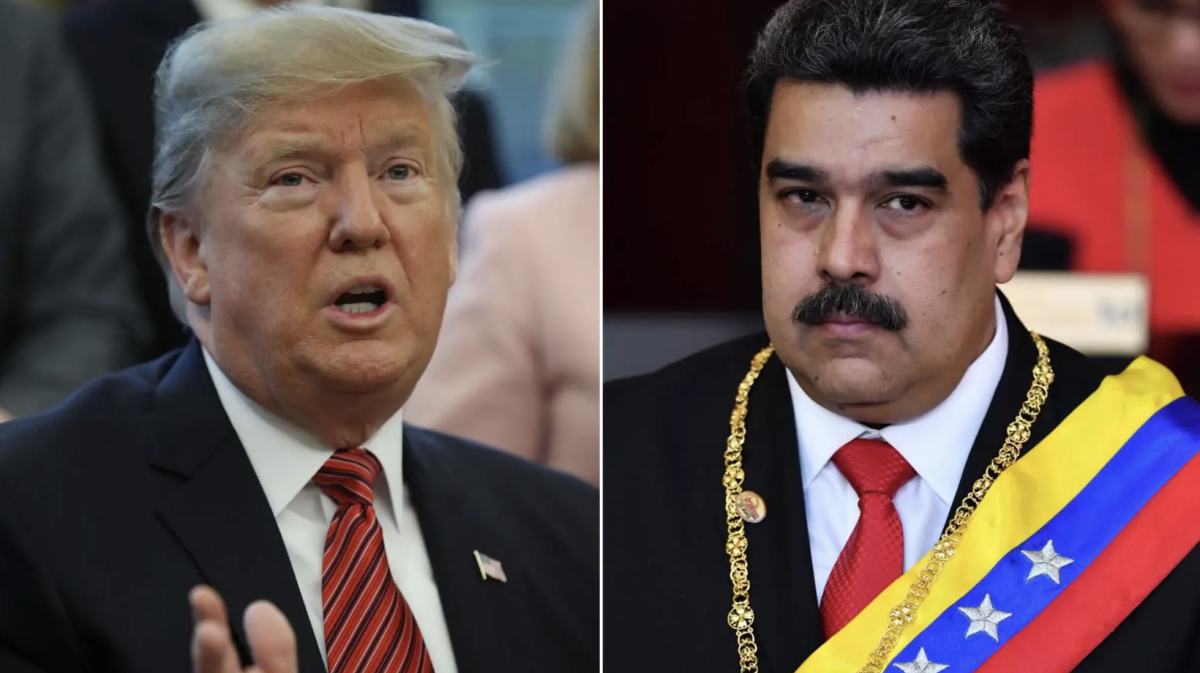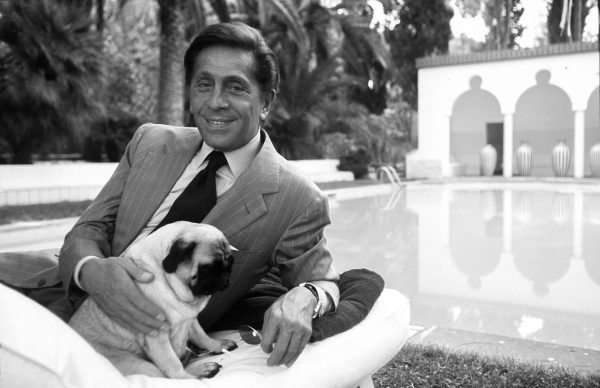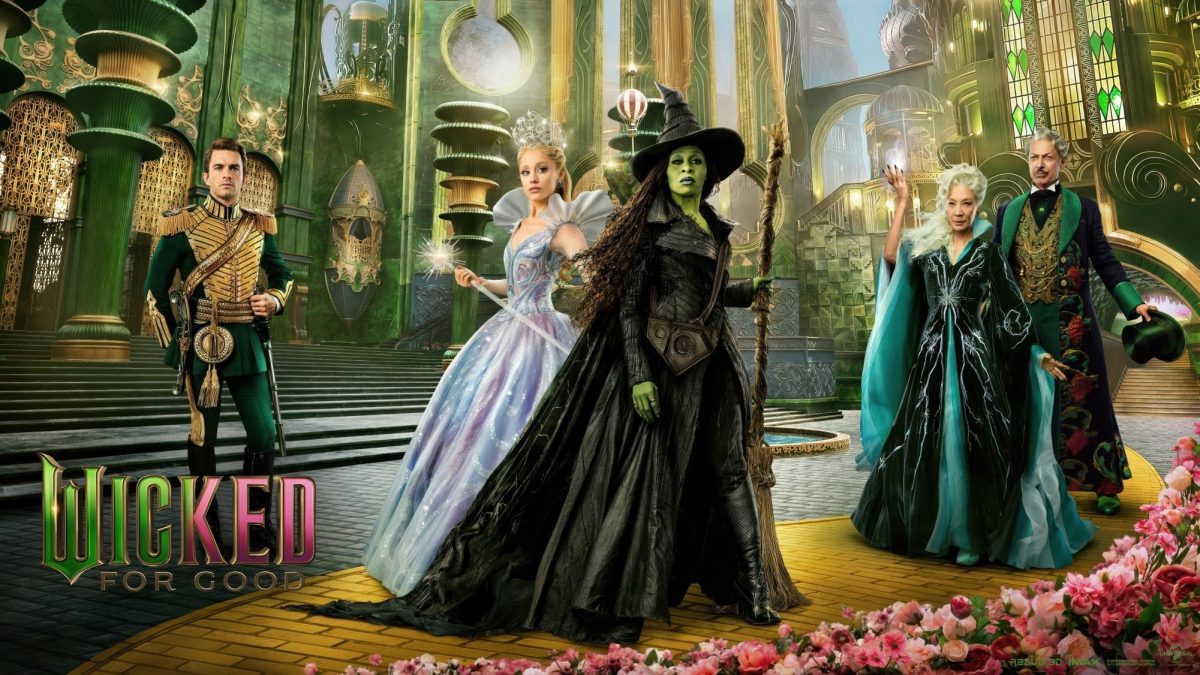American Democracy & Political Corruption
May 30, 2022
America is often referred to as the “Shining Beacon of Democracy”; also often, America is criticized for poorly representing the values of democracy: Particularly in the past century, the United States is riddled with undemocratic foreign entanglements and a regularly corrupt political system.
The debate about America’s claim to democratic prowess is a continuing—and fiery—one. But perhaps before we begin to throw down our nationalist gauntlets at one another, we ought to carefully determine what “democracy” entails. As a devil’s advocate, I will examine American democracy, from its bounds to its purpose, to suggest that American corruption is often democratic.
The birth of democracy as a political system was in Athens, Greece, 508 BCE. Whereas neighboring city-states were governed by aristocrats, monarchs, and tyrants, Athens’ democracy required every male above the age of 20, no matter their status, to vote. To some readers, this might sound awfully similar to the political structure of the U.S. before women’s suffrage. But I must disagree. We Americans vote on people; ancient Athenians voted on issues.
Athens practiced direct democracy: a type of democracy that, as the name suggests, demands citizens to vote directly on government policies. Athen’s ability to wage war, for example, was in the hands of the people, not a president.
From a philosophical perspective, direct democracy sounds appealing due to its supremely egalitarian nature; in theory, everyone’s interests are represented, and represented proportionally. In practice, though, as a society grows, it becomes increasingly difficult for a government to keep track of a large number of votes because there must be a vote to enact any one change. Becoming familiar with political issues, also, is too much a time-consuming process for many citizens who would otherwise focus on their own lives. The consequence of these logistical challenges has been a near extinction of direct democracy in modern society (Switzerland is the only existing nation considered to have even a semi-direct democracy).
The United States reflects this historical challenge. Since most of us couldn’t be bothered to care too much about politics, we elect politicians to deal with our issues instead. This is called representative democracy (or indirect democracy). The idea of the system is that, out of a pool of candidates, the popular vote of the masses would select the best, most qualified representative of a given district: for a city, a mayor; a state, a governor; a nation, a president. Theoretically, a well-respected, focused, and capable leader could enact the most appropriate legislation with few logistical struggles.
But often, American representative democracy can feel intuitively “unfair.” In voting for the president, for example, the popular vote of citizens—though counted—is not the determining factor of who becomes president. Instead, a small body of electors (the electoral college) is chosen by the dominant political party in a given state, and they have the final—and only—say in determining the presidency. Such a rough delegation of voting power from the people to representatives can, and has, led to a misrepresentation of popular will, as in the elections of Bush in 2000 and of Trump in 2016.
To some of us, it feels intuitively wrong that the popular candidate doesn’t get elected in a “democracy.” But it is important to remember that representative democracy is not designed to entirely reflect popular will. If we choose to recognize this fact, then, we must also accept that any elected political candidate, no matter how corrupt or incapable, might entirely be within the bounds of democracy.
To give an example, in the presidential election of 2000, George W. Bush was not the candidate with the policies and political background that the American public preferred. But to say that he didn’t represent the will of the American people wouldn’t be consistent with the basics of representative democracy; the election of Bush represented the American people, just poorly. The same could be said of Trump, whom many Americans deemed inappropriate for the presidency. Widespread disapproval of Trump is not indicative of an undemocratic election, but an ill-suited representative of the people.
To clarify my thesis, that American corruption is often democratic, I do not mean to suggest that political corruption is egalitarian or just. Instead, I ask that we reconsider the characteristics we attribute to modern democratic societies. Americans too often forget to make the distinction between “good” and “democratic.” Representative democracy, without guidance, can absolutely trample the will of the masses.
So what are you to do with this knowledge? Well, for one, you now know that our HS Student Council is a representative democracy. For another, you know the significance of understanding your basic political rights. Democracy doesn’t prevent corruption—your actions do.





















Giordan • Oct 11, 2022 at 2:12 AM
Hello Ryne, I recently watched your Tedx Talk as well as reading this post. Firstly, id like to thank you for your work and critical thoughts. As someone who sees through the economic and social issues within the United States I feel that your work is highly valuable and incredibly important toward the work we must put in together as a people’s, not just of one nation but for all nations. The U.S. happens to be a “poster child” of the world for progress and ideology. However, I highly disagree. Living in this country, as you have, beneath the surface of it all we can clearly examine where the metaphorical duct tape is falling apart. The system itself is fragile and has little chance of survival long term. This isn’t a doomsday scenario prediction, it’s a simple analysis of current business as usual, or rather, unusual. Finally, we must take perspectives from all across the globe and apply those that serve all peoples within society, labels are causing division, and so, we must remove such labels and apply mixtures of different strategies to which will achieve greater success across the board. Arguably such critical examination and discussion is all but lost among the masses. I see the need for action in grand ways in order to challenge and disrupt the system within, in order to establish a way forward. We have the technical ability to enhance all of humanity elevating ourselves out of the depths of despair and unnecessary suffering. How many brilliant people are being crushed under the weight of such outdated systems steadily in place? Suggested by some means, we build something with the backing of the power of the people and not of money, corruption or greed. How would you suggest appealing to the masses in times of such extreme divide?